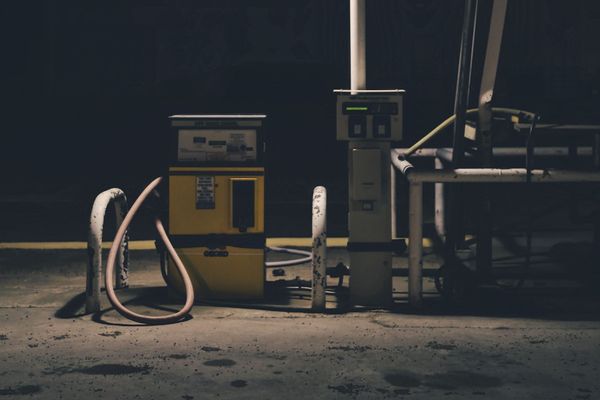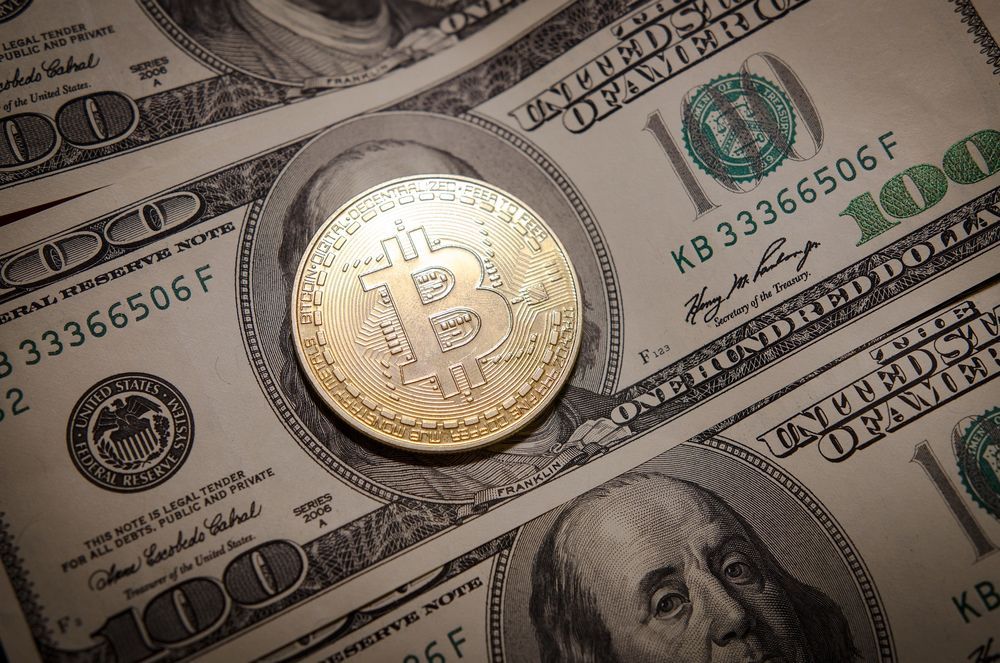Hacktivists Claim Responsibility for Disrupting Iran's Gas Stations

Cyber Crusade: Iran's Fuel Crisis
Iran recently suffered a cyberattack that disrupted roughly 70 percent of the country’s gas stations. The attack, confirmed by Iranian Oil Minister Javad Owji on Monday, left the IT systems of the nation’s petrol stations in shambles, making it impossible for people to fuel their cars.
As unrest simmered, a spokesperson for the country’s gas stations cleared the air, stating there was no fuel shortage, just that the fuel can’t be pumped.
A group of hacktivists called Gonjeshke Darande, or Predatory Sparrow, claims responsibility, saying that the politically motivated attack was a counteroffensive against the Islamic Republic’s aggression.
Predatory Sparrow: Hacktivists or State Actors?
"This cyberattack comes in response to the aggression of the Islamic Republic and its proxies in the region," said the group on its Telegram channel. "A month ago we warned you that we're back and that we will impose cost for your provocations. This is just a taste of what we have in store."
The group was previously involved in two other cyberattacks against Iran: one against the country’s railway systems and the other against a steel plant. The latter allegedly started a severe fire in an Iranian steel factory, when a machine suddenly started spewing molten steel.
As The Register reported, experts believe the group is either “operated, or sponsored, by a nation state” due to their sophistication and high impact. This hypothesis contradicts the group’s claims that they’re merely hacktivists.
Public Disruption and Security Concerns
Predatory Sparrow took to X to boast about the incident, saying that the attack aimed to hit its target without massively impacting emergency services.
“As in our previous operations, this cyberattack was conducted in a controlled manner while taking measures to limit potential damage to emergency services,” reads the group’s post on X. “We delivered warnings to emergency services across the country before the operation began, and ensured a portion of the gas stations across the country were left unharmed for the same reason, despite our access and capability to completely disrupt their operation.”
Activism vs. Aggression
The crippling cyberattack on gas stations has raised critical questions about the blurred lines between hacktivism and state-sponsored cyber warfare.
With roughly 70% of the nation's fuel-dispensing infrastructure brought to a standstill, the group's claim of a controlled and conscientious approach does little to mitigate the widespread disruption and public unease that followed.
Despite their assurances of limiting damage to emergency services and preserving a fraction of operational gas stations, the reality of the situation reflects a stark contrast between intended political statements and their tangible impact on ordinary citizens.
tags
Author

Vlad's love for technology and writing created rich soil for his interest in cybersecurity to sprout into a full-on passion. Before becoming a Security Analyst, he covered tech and security topics.
View all postsRight now Top posts
Few People Consider Themselves a Target for Cybercriminals, Bitdefender Study Shows
July 10, 2024
Uncovering IoT Vulnerabilities: Highlights from the Bitdefender - Netgear 2024 Threat Report
June 26, 2024
FOLLOW US ON SOCIAL MEDIA
You might also like
Bookmarks









